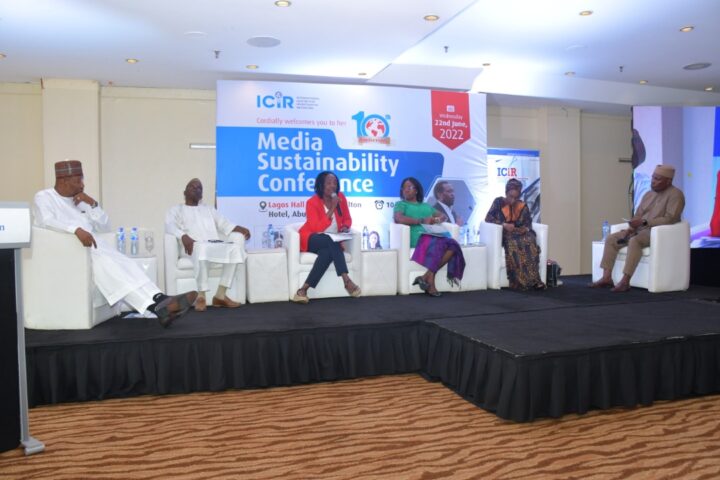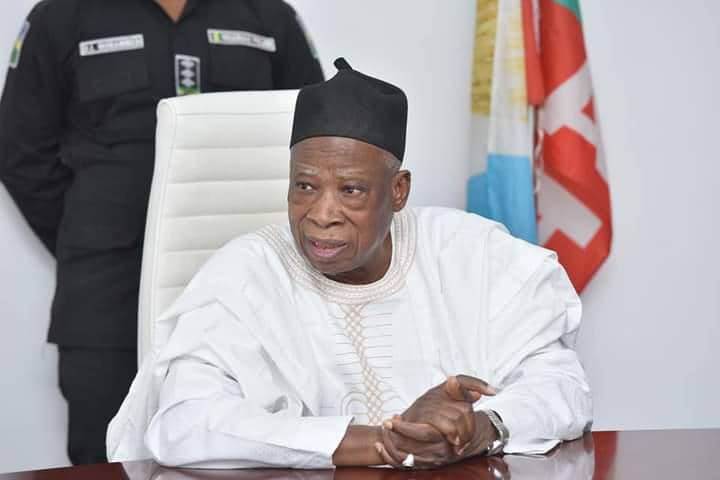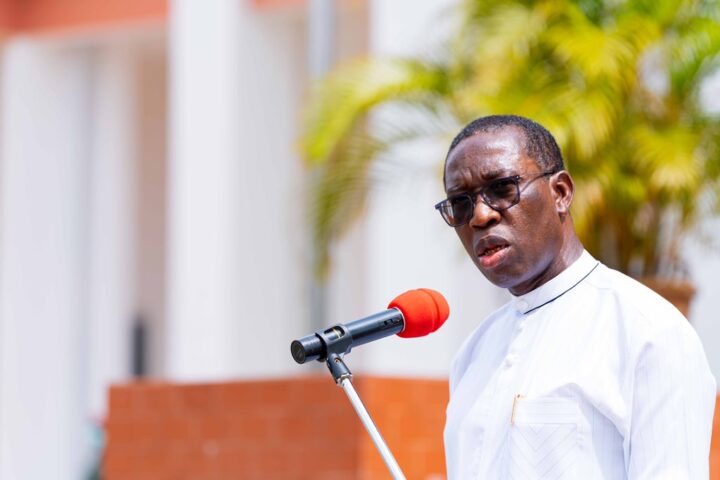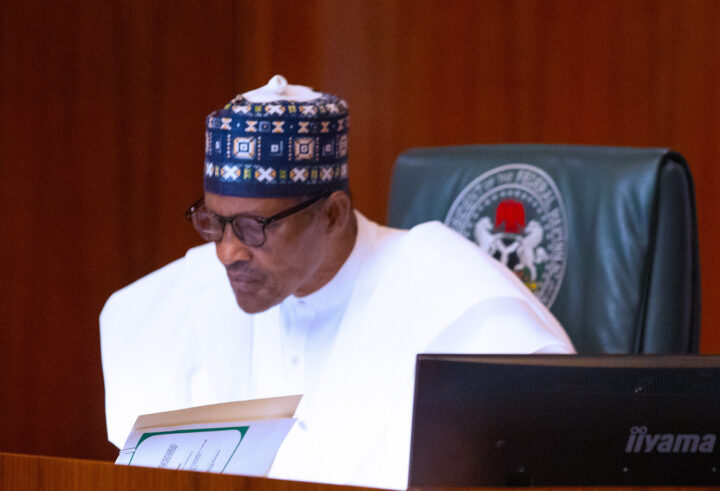Media organisations have been advised to re-strategise their mode of operation and content creation in order to be sustainable and profitable.
Media professionals spoke on the issues in Abuja on Wednesday at the 10th anniversary of the International Centre for Investigative Reporting (ICIR).
Tshepo Mahloele, chairman, Arena Holdings, South Africa, said building a sustainable media business entails being purpose-driven, and having clear strategies for growth, development and sustainability.
Represented by Bongani Siqoko, a strategist at Arena Holdings, Mahloele said media organisations need to start thinking outside the box on how to make their businesses profitable.
Advertisement
“Building a sustainable media business is associated with being purpose-driven, therefore, media organisations, like other business concerns, must clearly define their purposes, from which they must come up with definite strategies for growth, development and sustainability models,” Siqoko said.
“Naturally, media organisations should be change agents in the society, therefore, media platforms must establish themselves as being relevant to the development of the society, else they will not attract patronage.
“Selling subscriptions, selling half-page ads and other pages, these are very important as they make our business financially viable. But I’m talking about a much bigger purpose. There must be a reason for your existence as a media organisation.
Advertisement
“This is important because if you take the time to study some of the most successful and sustainable businesses in the world today, you will see that they have one thing in common: they are purpose-driven.
“So, what is your purpose? It would help if you asked yourself this question because it is imperative to have a purpose if you want your business to be sustainable. If you don’t have one, take your time to have one”.
‘MEDIA IS BLEEDING’
In his keynote address, Dayo Aiyetan, executive director of ICIR, said it is time for the Nigerian media to have conversations about the future and how to maximise profitability.
Advertisement
“The media is haemorrhaging, we are bleeding, we are sending our colleagues out of newsrooms every day,” he said.
“We would like to call on the associations in the media, the Guild of Editors, NUJ, the NPAN and others to take up the gauntlet. We need to have a national conversation on the future of the media, the sustainability of the media.”
He added that the government must collaborate with — not fight — the media if it wants to progress in its fight against corruption.
“We call on the government to see us as partners, to work with the media if it is serious about fighting corruption. We are partners, they shouldn’t hound us. They should actually support us,” he said.
Advertisement
He appreciated TheCable, Premium Times, CJID, Sahara Reporters, and Daily Trust, among others, for partnering with the ICIR in the last 10 years to do critical reporting in Nigeria.
On his part, Dapo Olorunyomi, publisher of Premium Times, said for the media to operate sustainably, it must begin to see itself as a producer of technological products, operating innovative business models.
Advertisement
Kadaria Ahmed, chief executive officer of RadioNow 95.3FM, said a successful and sustainable media business can only thrive in a functional society.
She said the job of journalists is to hold leaders to account in order to create such a society where media can thrive without problems.
Advertisement
SHIFTING FROM NEWS TO KNOWLEDGE GENERATION
In a communique made available at the end of the event, the ICIR said the media must begin to explore new content generation opportunities and be ready to diversify into other products like music, movies, documentaries, education and entertainment.
Advertisement
“In order to improve the business environment and enable the media to thrive, the media must draw the attention of the government to the challenges of infrastructure deficit, like the lack of electricity, insecurity, and bad road network, etc, to ensure they are addressed,” the communique reads.
The ICIR called on African media platforms to leverage the power of collaboration and refuse to be seen as purchasers of global content, instead, become generators of global content.
“In thinking about media sustainability, African media must transit beyond news generation into knowledge generation, as part of its drive for diversification and sustainability,” the ICIR proferred.
Add a comment






